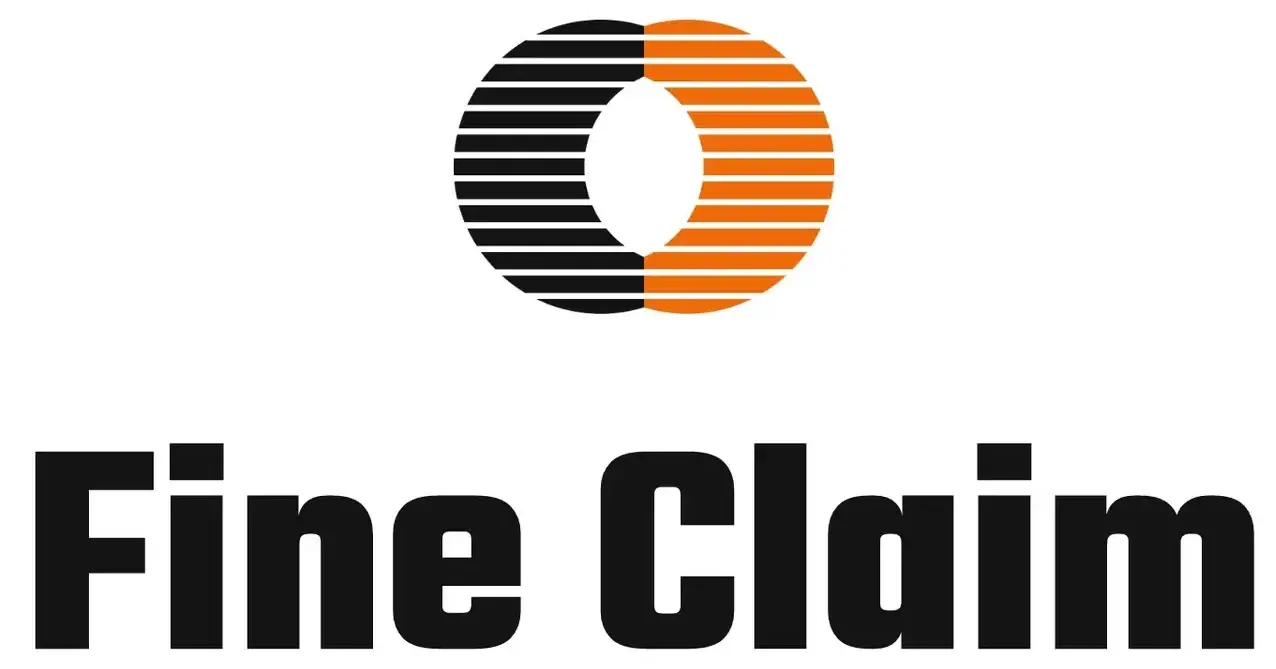Accounts Receivable Service Navigating the Future of Healthcare Revenue Management
Introduction
In the dynamic landscape of healthcare, efficient management of accounts receivable (AR) is pivotal for maintaining financial health and ensuring that healthcare providers can focus on delivering quality care. The Accounts Receivable Service has emerged as a critical segment within the broader financial management sector, catering specifically to the nuanced needs of healthcare organizations. This article provides a comprehensive analysis of the accounts receivable service , detailing its importance, key components, and the benefits offered by specialized service providers like Fine Claim.
What is Accounts Receivable Management?
Accounts receivable management involves the systematic process of tracking and collecting payments due from patients and insurance companies. Effective AR management ensures that healthcare providers receive timely reimbursements, which is crucial for sustaining operational efficiency and financial stability.
Key Components of Accounts Receivable Services
The Accounts Receivable Service is characterized by several key components that collectively enhance the financial management capabilities of healthcare providers. Let’s explore these in detail:
Receivable Analysis
Receivable analysis is the foundation of effective AR management. It involves scrutinizing unpaid, low-paid, denied, and rejected claims to identify and rectify issues hindering revenue flow.
- Identification of Unpaid Claims: This process involves recognizing outstanding claims that have not been paid within the expected timeframe.
- Evaluation of Low-Paid Claims: Analyzing claims that have been paid but below the expected amount helps identify discrepancies.
- Resolution of Denied and Rejected Claims: Addressing denied or rejected claims is crucial for maximizing reimbursement.
- Identification of Claims Not on File: Detecting claims that are missing from the records ensures all potential revenue is captured.
Payer Follow-Up
Payer follow-up is an essential aspect of AR management, focusing on ensuring that payments from insurance companies and other payers are received in a timely manner. This process helps in minimizing payment delays and improving cash flow.
Denials Management Reporting
Effective denials management involves comprehensive reporting and analysis of denied claims. Fine Claim’s robust system in this area enables healthcare providers to identify recurring issues and implement corrective actions to prevent future denials.
Practice Analysis
Practice analysis provides healthcare providers with actionable insights through detailed reports. These reports help in optimizing revenue management strategies and improving overall financial performance.
Assessment Process
The assessment process at Fine Claim involves a meticulous review of each claim type to ensure that healthcare providers receive optimal reimbursement. This process includes specific action steps tailored to address the nuances of different claim types.
Quality Process
Maintaining high standards is a priority in the quality process. Fine Claim conducts rigorous quality audits throughout each stage of the AR management process to ensure exceptional service delivery.
Reports and Insights
Fine Claim generates a variety of comprehensive reports, including:
- Practice Analysis: Insights into overall practice performance.
- Collection Ratio Report: Analysis of collection efficiency.
- Insurance Analysis: Examination of insurance payment trends.
- Account Receivable Aging Report: Overview of outstanding receivables categorized by age.
Insurance Aging: Driving Business Growth
Effective management of insurance aging is vital for improving cash flow and reducing accounts receivable days. By focusing on timely collections and optimizing revenue streams, Fine Claim helps healthcare providers enhance their financial stability.
Services in Accounts Receivable
Fine Claim offers a diverse range of services designed to address various aspects of accounts receivable management:
- AR Analysis: Detailed examination of accounts receivable to identify and resolve issues.
- Insurance Follow-Up: Ensuring timely reimbursement from insurance companies.
- Self-Pay Follow-Up: Managing collections from patients who pay out-of-pocket.
On-Time Reporting
Timely and accurate reporting is essential for effective AR management. Fine Claim ensures that healthcare providers receive regular updates on:
- Payer Punctuality: Timeliness of payer payments.
- Payer Mix: Distribution of payments among different payers.
- Aging Analysis: Overview of accounts receivable aging.
- Procedure Code Analysis: Examination of coding practices and their impact on revenue.
- Insurance Analysis: Insights into insurance payment patterns.
- Cash Collection Analysis: Evaluation of cash collection efficiency.
- Underpayment Analysis: Identification of instances where payments are below expected amounts.
- Expected Collection Report: Forecast of anticipated collections based on current data.
Benefits of Accounts Receivable Services
Outsourcing accounts receivable management offers several benefits for healthcare providers:
Enhanced Cash Flow
By streamlining the AR process and reducing payment delays, healthcare providers can significantly improve their cash flow.
Reduced Collection Costs
Specialized AR services often result in lower collection costs due to improved efficiency and effectiveness in managing receivables.
Improved Focus on Patient Care
With AR management handled by experts, healthcare providers can concentrate on delivering high-quality patient care without being bogged down by financial management issues.
Data-Driven Insights
Comprehensive reporting and analysis provide valuable insights into financial performance, helping healthcare providers make informed decisions.
Compliance and Risk Management
Outsourcing AR management ensures adherence to regulatory requirements and reduces the risk of compliance-related issues.
Frequently Asked Questions (FAQs)
1. What are the key benefits of using an accounts receivable service for healthcare providers?
Using an accounts receivable service offers several benefits, including improved cash flow, reduced collection costs, better focus on patient care, valuable data-driven insights, and enhanced compliance and risk management.
2. How does Fine Claim handle denied and rejected claims?
Fine Claim utilizes a robust denials management system that includes comprehensive reporting and analysis to address and resolve denied and rejected claims, ensuring optimal reimbursement.
3. What types of reports are generated by Fine Claim’s accounts receivable services?
Fine Claim provides a range of reports, including practice analysis, collection ratio reports, insurance analysis, and account receivable aging reports to offer insights into financial performance and areas for improvement.
4. How does Fine Claim’s assessment process work?
Fine Claim’s assessment process involves a detailed review of each claim type, with specific action steps designed to address issues and ensure optimal reimbursement for healthcare providers.
5. What role does payer follow-up play in accounts receivable management?
Payer follow-up is crucial for ensuring that payments from insurance companies and other payers are received in a timely manner, which helps in minimizing payment delays and enhancing cash flow.
Conclusion
The Accounts Receivable Service plays a vital role in the financial management of healthcare organizations. By leveraging specialized services like those offered by Fine Claim, healthcare providers can overcome the complexities of AR management, improve their financial performance, and focus on their core mission of delivering exceptional patient care. As the continues to evolve, the emphasis on efficient, data-driven, and quality-focused AR management will remain paramount in driving success and sustainability in the healthcare sector.

